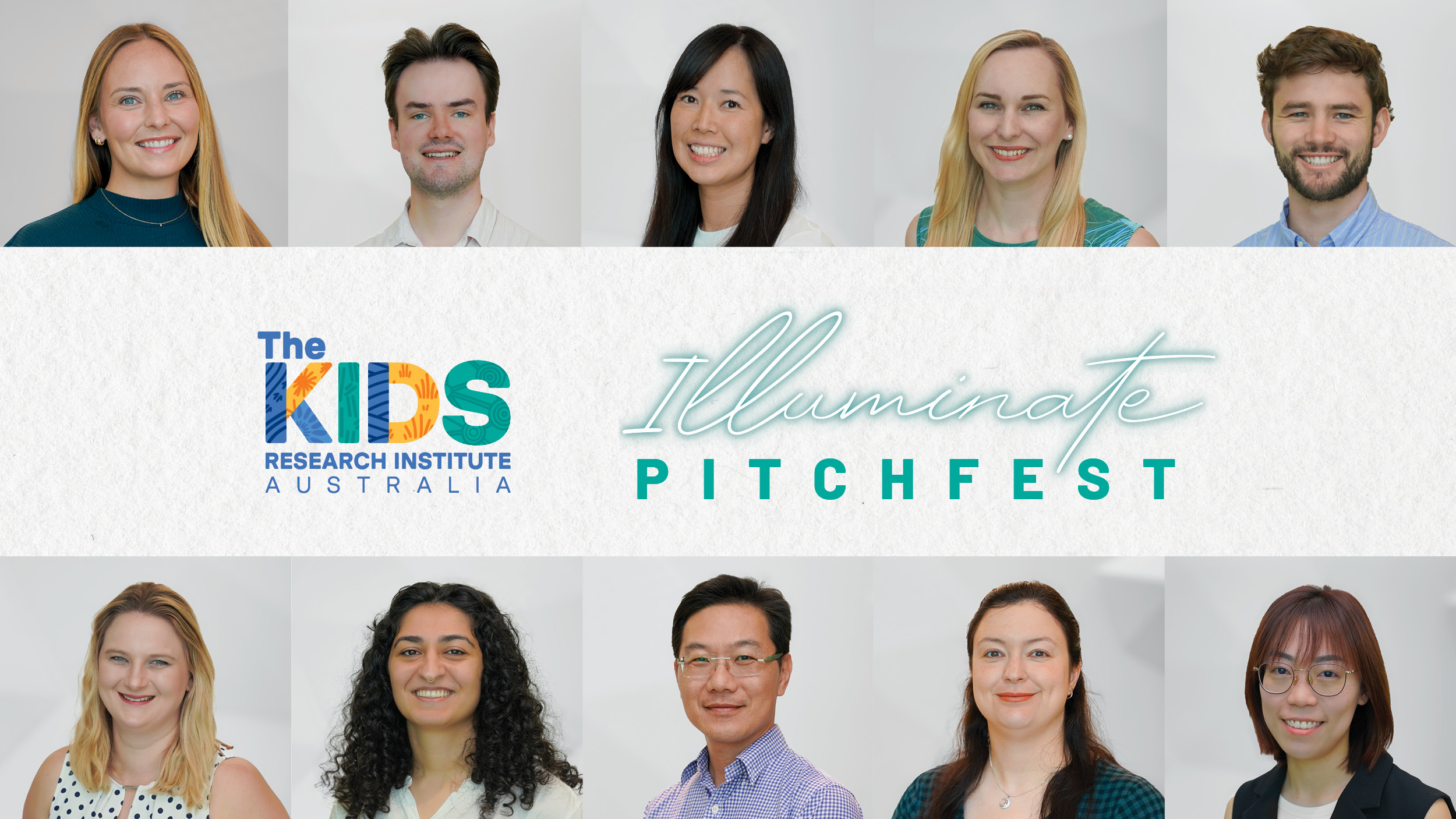Search
Research
Free testosterone levels in umbilical cord blood predict infant head circumference in girlsFetal androgens influence fetal growth as well as postnatal neurocognitive ability.
Research
The role of family and maternal factors in childhood obesityThe aim of this study was to investigate the relationship between a child's weight and a broad range of family and maternal factors.
Research
The impact of having a sibling with an intellectual disability:parental perspectives in two disordersThis study describes the impact of having a sibling with Down syndrome or Rett syndrome using a questionnaire completed by parents.
Research
Epidemiology of childhood diabetes in Western AustraliaThe objectives of this study are to study the epidemiology of childhood diabetes in Western Australia from 1985 onwards.
Research
Independent effects of socioeconomic status and place of residence on the incidence of type 1 diabetes in Western AustraliaTo analyze the incidence of type 1 diabetes in 0- to 14-year olds in Western Australia, from 1985 to 2002, by region and socioeconomic status.
View the projects currently underway at The Kids Research Institute Australia by our range of different children's health research teams.
Research
Understanding Diabetes: Early environmental determinants of pancreatic islet autoimmunity: a pregnancy to early life cohort study in children at risk of type 1 diabetesThis study is looking for the causes of type 1 diabetes, so that we can find ways to prevent it. We will follow many women around Australia during pregnancy until early childhood, looking at the child's birth, environment and genes.

News & Events
Meet the Finalists: Illuminate PitchFest 2025We are excited to introduce ten trailblazing researchers who will be taking to the stage this February to pitch their bold and innovative ideas to our philanthropic community.
Research
Exploring the Experiences of Australian Fathers Who Lead School ‘Dads Groups’Past research suggests that fathers are underrepresented in traditional parenting and child health promotion programs compared to mothers. One promising method to deliver support is a peer-facilitated approach that enables fathers to connect with their peers. This model has been adopted by several community organisations in Australia. However, limited research evaluates the implementation and impact of these services.
The Kids Research Institute Australia's annual report highlights the accomplishments of our researchers, furthering our mission to secure a happier, healthier future for kids everywhere.
